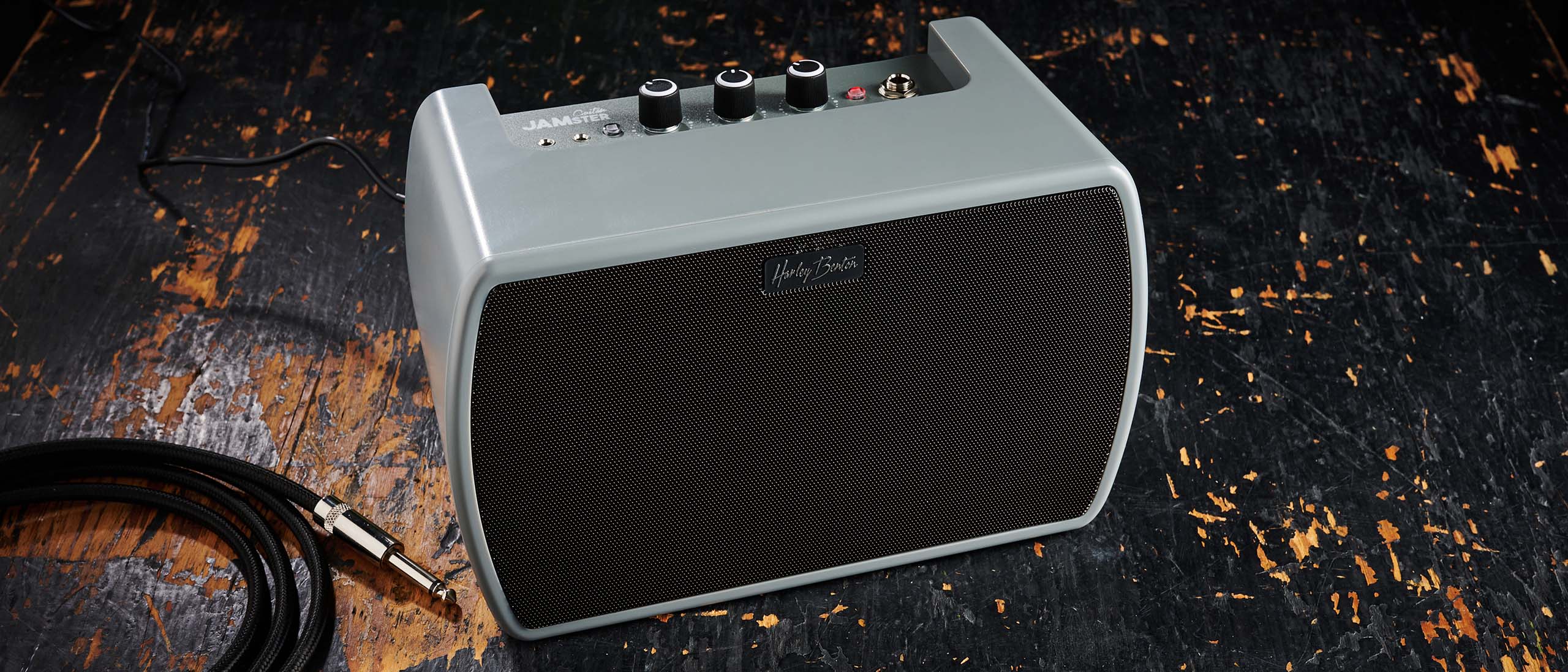10 Reasons You Should Play Classical Guitar

Classical guitar has a PR problem. It seems to lack the "cool" factor steel-string guitars enjoy, and it doesn’t seem to be perceived as sexy as the electric guitar by a lot of people.
You rarely see classical guitarists skyrocketing to mainstream fame, and you hardly hear of one being referred to as a guitar hero.
But why? The truth is, classical guitar is sexy as hell—maybe even sexier than steel-string and electric guitars.
There’s no hiding behind distortion or effect pedals; it’s just you and your mighty fingers. It's sheer beauty in its most raw, natural form. So, in an effort to dispel any beliefs or perceptions that classical guitar is boring and old school, we’ve created a list of reasons you should pick one up.
- Just starting out? Check out the best beginner classical guitars
01. Because classical guitar isn’t limited to classical music.
I know, I know. It says “classical guitar,” so we must just play Bach and Mozart, right? Nope. You can play a wide range of styles, whether it be classical, Latin or even pop. Just see for yourself with this video featuring of U.K. guitarist Nathan Cragg busting out an awesome arrangement of pop-charting hit “Radioactive” by Imagine Dragons.
02. Because you can have as much fun with it as you want.
Get The Pick Newsletter
All the latest guitar news, interviews, lessons, reviews, deals and more, direct to your inbox!
There’s a perception that classical guitarists are rigid and, well, deprived. We can have fun, too. Just take a look at this creative interpretation of the Super Mario World castle theme song by Sam and Steve, better known as Super Guitar Bros. This video is also a great way to appreciate the different sounds produced by steel-string and classical guitar side by side. Not what you’d expect to hear from a classical guitar, right?
03. Because you won’t have to forsake your love for shred and speed.
Are you addicted to sweeping arpeggios? Do you live and breath 32nd notes? Good. You can still tear it up on your classical guitar, except with a different technique. And because with classical guitar you have five fingers at your disposal, you’re not limited to one guitar pick, meaning you can do even more at once. As an example, listen to this face-melting interpretation of Paganini’s Caprice No. 24.
04. Because while you can play solo, you can still play with others.
No, classical guitarists aren’t loners; we’re just comfortably independent. A lot of times you’ll see us playing alone, but we can still play well with other people. Check out this video featuring classical guitar virtuoso Sharon Isbin playing Billy Joel’s 1977 hit “She’s Always a Woman” with a string ensemble and singer Josh Groban.
05. Because it’s more popular than you think.
Classical guitar has inspired the birth of many songs by famous rock acts, such as “Dee” by the late and venerable Randy Rhoads from Ozzy Osbourne’s 1980 album Blizzard of Ozz, and Steve Howe’s “Mood for a Day” from Yes’ 1971 album Fragile. Even British rock band Jethro Tull made its own interpretation of Bach’s popular “Bourée in E minor” on 1969's Stand Up. So there you have it, classical guitar music is everywhere.
06. Because nylon strings don’t butcher your fingers.
A common complaint after playing steel-string or sometimes electric guitar is that the fingers on your fret hand hurt (mostly beginners or players who haven’t developed calluses). Why wouldn’t they hurt, right? You’ve got metal piercing against your tender fingertips. Plus, the tension on steel-string guitars can be two times as tight as classical, meaning you have to press on the strings just a little harder. Since classical guitar has nylon strings, you don’t have to worry about painful fingertips as much. Here’s Tomas Michaud from StarlandGuitar.com offering tips on how to prevent sore fingers (he mentions it’s not a big problem with classical guitar!):
07. Because even your favorite rock stars play it.
Not sold yet? Perhaps this will convince you. Even the most metal of metal players play nylon-string guitars. Take it straight from Metallica bassist Robert Trujillo, who jammed out to heavy riffs on a nylon-string guitar, resulting in a killer spontaneous jam. Even James Hetfield was impressed:
08. Because you don’t have to sing along if you don’t want to.
When I take out my guitar, people automatically assume I’m a singer-songwriter (I’m neither). When I kindly respond that I don’t sing because I play instrumental music, people are fiercely disappointed and confused. What they don’t know though, is that we have five fingers on our right hand (left if left-handed) that do the singing for us through our strings. Singing on top of that would be overkill. Just imagine singing over this, an iconic piece for classical guitar by Isaac Albéniz called “Leyenda,” performed here by John Williams.
09. Because it’s all about that tone.
Because of the way they’re built, the type of wood used, their bracing and the kind of strings they’re equipped with, classical guitar offers a warm, smooth and velvety tone that lends itself to the most beautiful and captivating of tones. It’ll be hard for you to stop cradling the guitar after you feel the way it resonates against your body. Here’s guitarist Tavi Jinariu playing “Afro-Cuban Lullaby,” which exemplifies the delicate and lilting sound a classical guitar can produce.
10. Because it’s not as hard as it looks (and even a child can do it).
Just because your ears hear multiple notes being played at once, it doesn’t mean classical guitar is painstakingly difficult to learn; just think of it as multitasking. But most importantly, as with any project you embark on, your attitude is the most important thing. As long as you believe you can do it, then you will be able to do it. Also, if a little kid can do it—you can do it. Watch Julio Silpitucla, a child from Argentina, perform an arrangement of the Titanic theme song on classical guitar (wait till you get to 2:48 mark):
So there you go. Classical guitar is an enchanting creation that's worth exploring. Try it. It might be love at first pluck!
A classically trained guitarist with a soft spot for metal, Pauline France is synonymous with all things writing, guitar and public relations – she is Guitar & PR. Her career in M.I. spans more than 15 years, working in Fender Musical Instruments Corporation’s communications departments, as well as being a Fender Play Instructor and on-camera personality for Fender Premium Audio.
The heaviest acoustic guitar ever made? Two budding builders craft an acoustic entirely from concrete because they “thought the idea was really funny”
“For years, the only 12-string acoustics I got my hands on, the necks always pulled off after a bit. I earned a lot of money replacing them!” Why one of the UK’s most prolific luthiers is a bolt-on acoustic die-hard




![John Mayer and Bob Weir [left] of Dead & Company photographed against a grey background. Mayer wears a blue overshirt and has his signature Silver Sky on his shoulder. Weir wears grey and a bolo tie.](https://cdn.mos.cms.futurecdn.net/C6niSAybzVCHoYcpJ8ZZgE.jpg)

![A black-and-white action shot of Sergeant Thunderhoof perform live: [from left] Mark Sayer, Dan Flitcroft, Jim Camp and Josh Gallop](https://cdn.mos.cms.futurecdn.net/am3UhJbsxAE239XRRZ8zC8.jpg)




